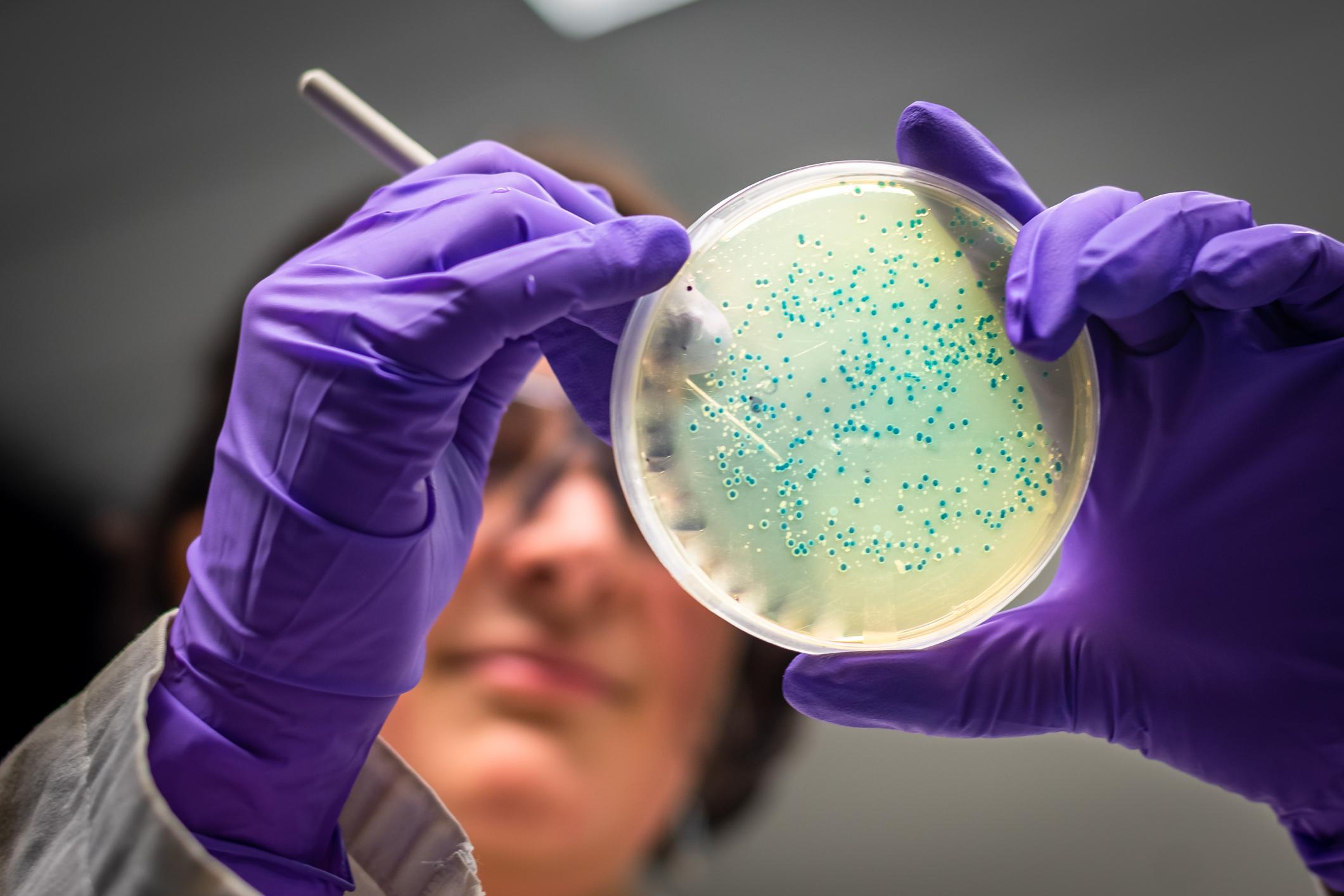September 25, 2000 – Child care centers serve as incubators for antibiotic-resistant bacteria, according to a study released at a meeting of the American Society for Microbiology.
Dr Ron Dagan and his colleagues at Ben-Gurion University in Beer-Shiva, Israel, observed 240 children from 8 day care centers and 46 from their siblings over two years. They discovered that the antibiotic treatment against the bacteria Streptococcus pneumoniae quickly showed signs of resistance to antibiotics in bacteria found in children’s throats and noses. Remember, for the record, that the bacteria Streptococcus pneumoniae is very often involved in cases of acute otitis media, one of the most common health problems in children.
According to Dr Dagan, “daycares act as incubators that facilitate the selection, dissemination and transmission of organisms that have developed resistance to antibiotics, and they should be considered as a major place of intervention against this problem”.
Within each daycare, the antibiotic resistant strains were similar, but they varied from one daycare to another. However, when examining siblings of children attending daycare, the researchers found the same resistance strains, suggesting that resistant strains can easily spread outside of daycare centers.
Child care centers are a great place for the development of such traits in bacteria, Dr. Dagan says, because there are a lot of respiratory tract infections and a high rate of antibiotic use.
Dr. Dagan, a pediatrician who has extensively studied the development of antibiotic resistance, is the author of numerous scientific publications. According to the researcher, this means that it becomes necessary to verify that an antibiotic is really effective against a particular strain of bacteria before prescribing such a treatment.
HealthPassport.net
















